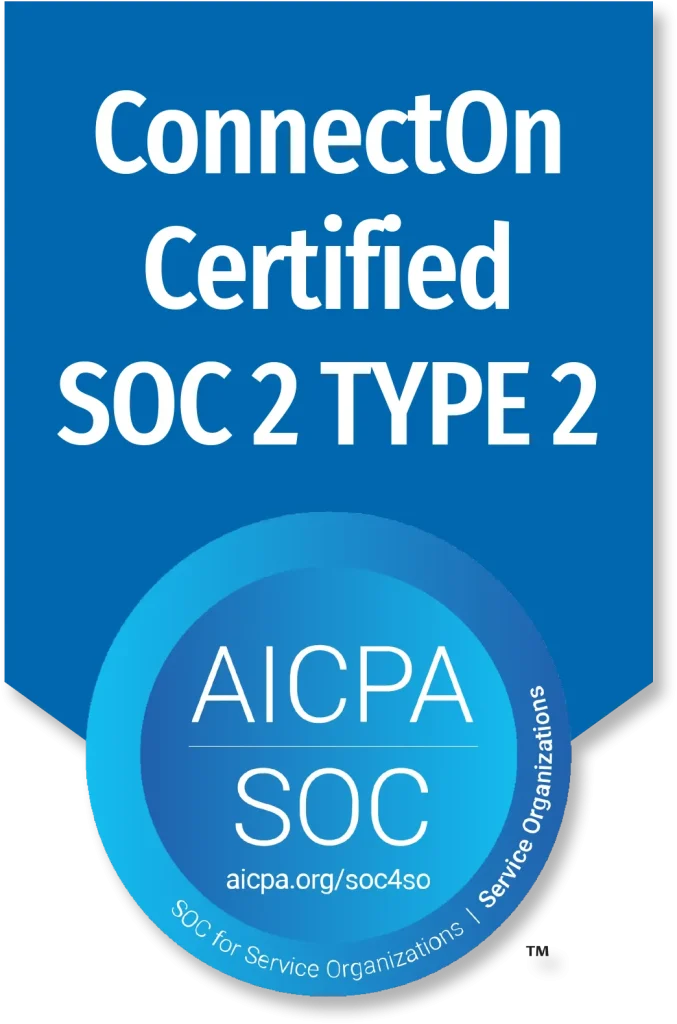Senior citizens are not the only people targeted by technology fraudsters. Unfortunately, tech savvy business professionals are victims of scams every day. In fact, a survey conducted by Microsoft found that “two out of three people have experienced a tech support scam in the last 12 months.” Not only that, but “nearly one in ten of these victims have lost money to a tech support scam.”
A tech support scam is any activity where a scammer uses deception to offer technical support services via telephone, email, chat, advertising, or pop-up window. These scammers may request remote access to the user’s computer, access to online banking information, or even credit card payment. They work hard to build confidence in the user, claiming to represent major corporations such as Microsoft or even the Federal Trade Commission (FTC), and convincing the victim that their computer or device has a problem.
Unfortunately, when scammers are successful, they wreak havoc. From installing malware on computers and devices to identity theft, and credit card fraud, these impostors offer anything but problem resolution.
If any of the following scenarios occur, you are likely a victim of a tech support scam:
- You’re working on your computer and a message appears on your screen: “WARNING! A virus has been detected on your computer. Call: 1-866-xxx-xxxx.”
- While browsing the internet, you are taken to a website that says: “Windows has been blocked due to suspicious activity. Do not shut down your computer. Call Microsoft: 1-800-xxx-xxxx.”
- You receive an unsolicited and urgent telephone call from a well-known company claiming to be technical support. They may use copious amounts of technical terminology. The caller’s telephone number may appear local, blocked, or associated with a legitimate company.
- You are browsing the internet and taken to an unintended website that indicates your device is infected with a virus and you should download security software.
When you interact with these imposters, they may request remote access to your computer or even ask for payment. These fraudsters make money by selling worthless, damaging software, enrolling you in non-existent service contracts, and getting you to pay for unnecessary security services. What should you do if you experience one of these scenarios?
- Be suspicious of any unsolicited cold-call or pop-up message on your computer or mobile device.
- Ignore the message or hang up on the caller.
- Contact your trusted service provider directly.
- Do not use the telephone number from the message.
- Never allow a third-party to access your computer unless you have confirmed that they are a legitimate representative of your support provider.
If something seems suspicious, it probably is. Organizations lose billions of dollars and critical systems experience major disruptions when scammers interfere. Large technology enterprises such as Microsoft, Dell, HP, Facebook, and others receive ongoing complaints of fraudsters misrepresenting their organizations. Cybercrime is big business and these companies along with payment processors, web hosting companies, and even the FBI cyber security division work hard to fight tech support fraud. ConnectOn will never request payment over the telephone or computer. If you suspect a tech support scam or experience questionable behavior, contact your account manager for validation.
For more information on how to spot and avoid tech support scams, view our infographic.



